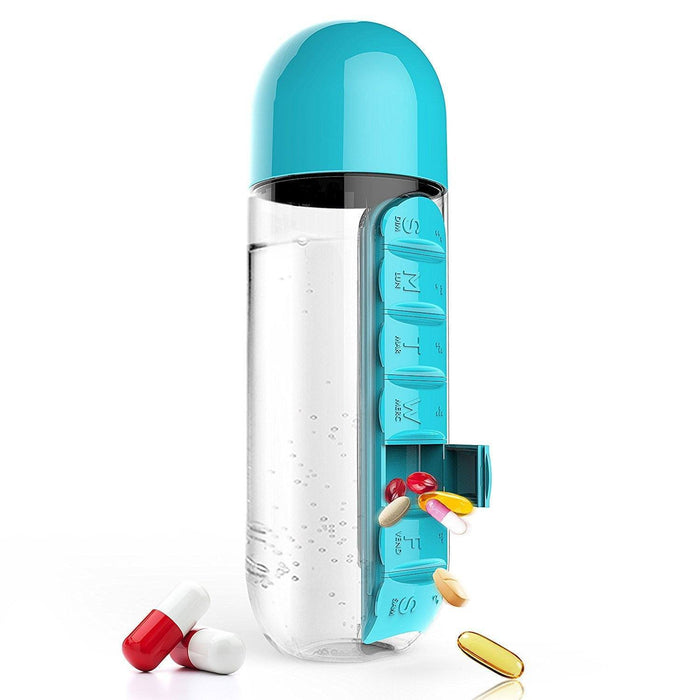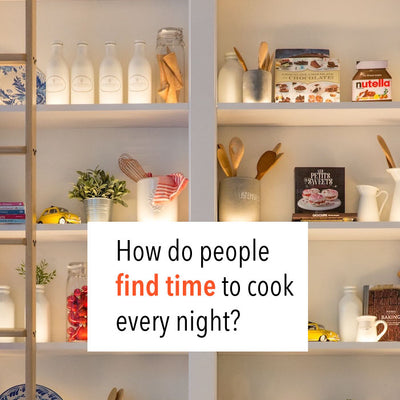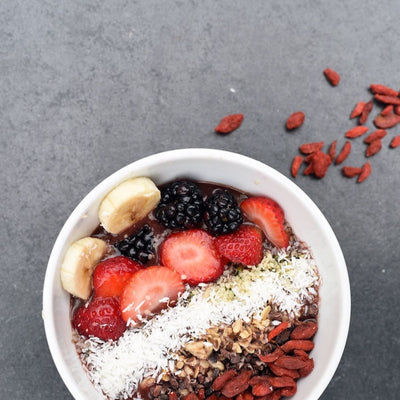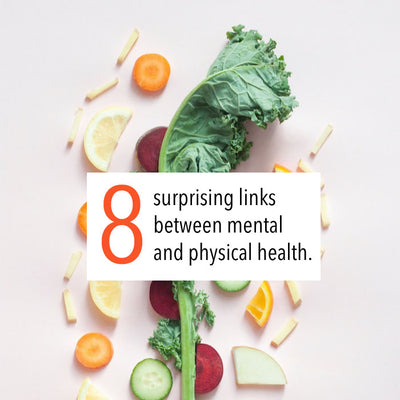How do mental and physical health interact? 8 surprising links revealed.
The part can never be well unless the whole is well – Plato
As far back as Ancient Greece, people have understood that physical and mental health are inexorably connected. In 2018, the stresses of modern life have thrust mental health and wellbeing in the limelight, encouraging a raft of new studies that have confirmed this intimate association.
Have you ever been so nervous that you felt sick and lightheaded – or that your hands started to shake? This is just one example of the relationship between physical and emotional health. It works the other way around, too. Your physical actions – or lack thereof – can also have a huge impact on your mental health.
In a nutshell, poor physical health can lead to an increased risk of developing mental health problems, and poor mental health can negatively impact on physical health.
Let’s take a look at some specific examples.
- Exercise can make you feel happy
How do you feel after exercising? Most people feel good after a workout, and there’s a scientific reason for that. Being physically active influences the release and uptake of ‘feel good’ chemicals in the brain called endorphins, making exercise a great way to relax, beat those weekday blues or even ward off symptoms of depression. The emotional benefits of exercise are hot on the heels of the more obvious physical benefits. What’s the best exercise for happiness? Anything that gets you moving!
- Exercise can prevent or delay the onset of mental health conditions
Staying physically healthy can have a big impact on your chances of developing cognitive illnesses in later life. Physical activity during a lifespan seems to have a positive effect on cognition, and a protective effect against developing diseases like dementia, which causes debilitating memory loss and a sharp decline in cognitive function. This is just one example of how physical health affects mental health, and why making lifestyle changes now could work in your favor later.
- A healthy diet can boost your mood
The role of nutrition in mental health might be greater than you think. We all know that eating well keeps us in shape, at a healthy weight and can protect us from heart disease and diabetes, but diet and mental health are also closely related. Known as the ‘food-mood’ connection, food is an important contributing factor in the development, management and prevention of mental health problems including depression, attention deficit hyperactivity disorder and Alzheimer’s disease. Eating healthy nutritious meals and sticking to a healthy eating diet plan also makes you feel good about yourself. It’s simple – eat well, look good, feel great!
- A high sugar diet can cause anxiety and depression
When it comes to food for mental health, is there anything we should be actively avoiding? Sugar has been at the forefront of many dietary discussions lately, particularly in relation to mental health. The bittersweet truth of the matter is that sugar and mood swings, sugar and anxiety and sugar and depression go hand in hand. The short-lived sugar ‘high’ and subsequent blood sugar crash may accentuate symptoms of mood disorders, chiefly depression (interestingly, countries with high sugar intake also record a high rate of depression). This is according to an article by Psychology Today, which also suggests that sugar causes chronic inflammation in the brain and immune system, and damages communications between brain cells responsible for learning and memory formation.
- Symptoms of stress can manifest physically
The relationship between physical and emotional health is particularly palpable when it comes to stress. Defined as a state of mental or emotional strain, stress can manifest itself physically in the form of acne, headaches, digestive issues, appetite changes, decreased energy and high blood pressure – the latter being the well-known link between stress and heart disease. Under stress, the body produces ‘fight or flight’ chemicals, but because fighting and running away aren’t generally options in day-to-day situations, the chemicals remain unused and over time can cause serious health implications.
- Depression can have an adverse effect on cancer
While anxiety and depression aren’t direct causes of cancer, studies have shown that there is an association between depression and cancer risk. According to the UK’s National Health Service, people with the highest levels of mental distress compared to those with the lowest levels were more likely to die from colorectal, prostate, pancreatic, esophageal cancer and leukemia. Looking at all types of cancer combined, people with highest levels of mental distress were 32% more likely to die from cancer. These sobering mental health and physical health statistics reveal one important finding – that psychological distress should be considered a factor when analyzing the risk of someone getting or surviving cancer.
- Yoga can boost wellbeing
The world has been flooded with yoga and meditation retreats in the past few years, and research on yoga and mental health suggests they might be onto something. The physical benefits of yoga are well known – improved balance, flexibility and overall fitness. But what about the emotional benefits of yoga? Stretching not only releases endorphins, which can boost your mood, but also increases the flow of oxygen-rich blood around the body, leading to improved blood circulation. Yoga is also a great way to relax and reduce stress. Overall, the physical and mental benefits of yoga are fairly extensive!
- Being physically fit can boost self-esteem
Self-esteem is a key indicator of psychological wellbeing. People with high self-esteem generally experience high life satisfaction and enjoy greater achievements, whereas those with lower self-esteem are more likely to suffer from feelings of anxiety and develop mental illness. Being physically fit and making the right food choices contribute to greater self-esteem and higher confidence. Stay healthy and feel good about yourself – it’s that easy!
Cooking at home is a great way to boost your physical health, and improve your mental health and wellbeing at the same time! Delicious healthy recipes are easy to make using our range of unique kitchen gadgets. Invest in us to invest in your health, and give your wellbeing the attention it deserves.
"To keep the body in good health is a duty... otherwise we shall not be able to keep our mind strong and clear" – Buddha
Have any comments or suggestions? You can reach out to me at hello@mykitchen.love, or fill out our contact us form.
Healthily yours,
Stacy Keller
Brand Ambassador


Sources
https://www.mentalhealth.org.uk/a-to-z/p/physical-health-and-mental-health
https://www.mentalhealth.org.uk/sites/default/files/lets-get-physical-report.pdf
https://www.nhs.uk/news/cancer/anxiety-and-depression-linked-to-increased-cancer-death-risk/
https://www.healthline.com/health-news/can-positive-attitude-help-defeat-cancer#5
https://www.psychologytoday.com/us/blog/where-science-meets-the-steps/201309/4-ways-sugar-could-be-harming-your-mental-health













































